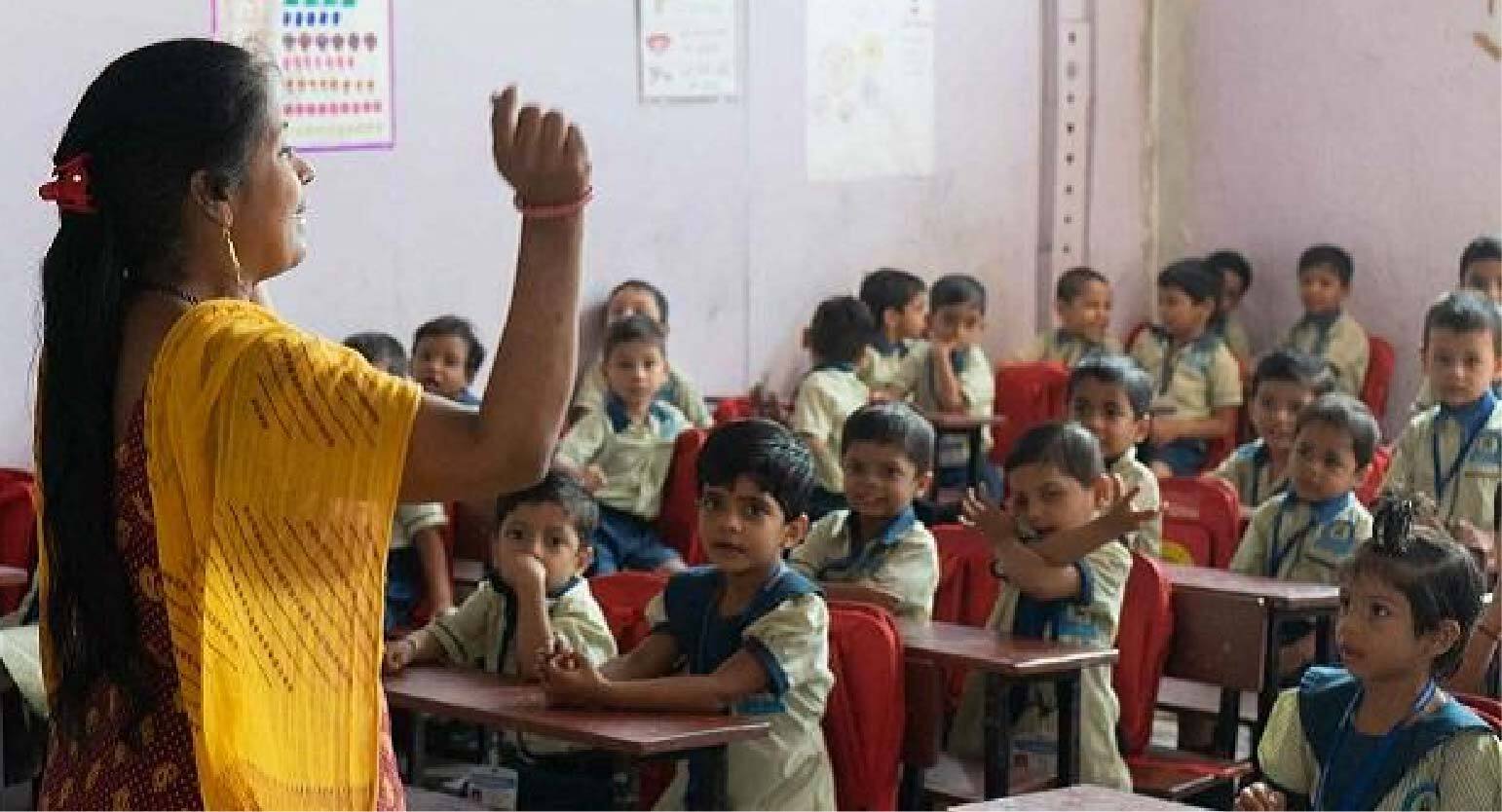The resilience exhibited by Kashmir’s private teachers as they navigate the intricacies of a flawed system, advocating for fair compensation and support to safeguard the future of education, is commendable.
Er Aausyf Ibn Farooq
Educators serve multifaceted roles as mentors, guides, and facilitators of knowledge, imbuing their instructional endeavors not only with academic prowess but also with the cultivation of values, the nurturing of curiosity, and the fostering of critical thinking skills among their students. They wield considerable influence in shaping the character, aspirations, and perspectives of the succeeding generation, thereby laying the groundwork for a more enlightened and compassionate society. Through their unwavering dedication, impassioned zeal, and steadfast commitment, teachers inspire, empower, and ultimately, effect transformative changes in the lives they touch, leaving an indelible mark on the world.
Nelson Mandela’s assertion that “Education is the most powerful weapon which you can use to change the world” resonates profoundly in the picturesque valleys of Kashmir, where each dawn heralds the commencement of a noble journey undertaken by devoted educators. Armed not with swords, but with the formidable arsenal of knowledge and passion, these teachers embark on a daily quest for enlightenment. With every lesson delivered, they intricately weave the tapestry of tomorrow, nurturing fledgling minds and igniting the flames of curiosity that illuminate the path to progress. Yet, beneath the veneer of their altruistic pursuits lies a narrative fraught with adversity and resilience, particularly evident among private educators in Kashmir.
Equipped with advanced degrees and commendable qualifications, private teachers in Kashmir find themselves ensnared within a relentless cycle of underemployment and financial precariousness. Despite their fervent dedication to the noble pursuit of knowledge dissemination and the cultivation of young minds, they are confronted with a myriad of challenges that imperil their livelihoods and well-being.
Chief among the concerns plaguing private educators in Kashmir is the stark disjunction between their academic credentials and the remuneration they receive. Many of these stalwart educators hold master’s degrees or even doctorates in their respective fields, yet are compelled to accept paltry salaries that scarcely suffice to meet their basic needs. This glaring incongruity not only serves to demoralize teachers but also undermines the intrinsic value of education within society’s fabric.

Compounding their financial woes, private educators in Kashmir confront the formidable hurdle of irregular disbursement of winter salaries. The unforgiving winter months, characterized by heavy snowfall and logistical impediments, frequently disrupt the salary payment process orchestrated by school administrations, thereby leaving teachers grappling with financial instability during the most arduous period of the year. The precarious nature of employment within the private education sphere exacerbates the tribulations endured by educators in Kashmir, with many being engaged on short-term contracts or employed as hourly wage laborers, thereby lacking the requisite job security and stability. This pervasive uncertainty not only imperils their financial well-being but also undermines their capacity to plan for the future and invest in their professional growth.
However, the plight encountered by private educators in Kashmir transcends mere financial exigencies, profoundly impacting their overall welfare and morale. Enduring the twin burdens of meager compensation and unrelenting work hours, educators frequently grapple with chronic stress, anxiety, and burnout. These adverse conditions not only exact a toll on their mental well-being but also sap their motivation and leave them feeling unappreciated and undervalued.
Addressing the systemic challenges besieging private educators in Kashmir necessitates concerted endeavors from a spectrum of stakeholders, including educational institutions, governmental authorities, and civil society organizations. Foremost among the imperatives is the imperative for schools to accord due recognition to the invaluable contributions of qualified teachers and to remunerate them equitably, while affording them job security commensurate with their qualifications and experience. Additionally, policymakers must proactively enact measures aimed at regulating the private education domain and enforcing labor laws to safeguard the rights of teachers. This encompasses the establishment of minimum wage standards, ensuring the punctual disbursement of salaries, and instituting mechanisms for grievance redressal, thereby engendering a more equitable and sustainable environment for private educators in Kashmir.
The views expressed in this article are solely those of the author and do not necessarily reflect the opinions or views of this Magazine. The author can be reached at
Blurb
The plight encountered by private educators in Kashmir transcends mere financial exigencies, profoundly impacting their overall welfare and morale. Enduring the twin burdens of meager compensation and unrelenting work hours, educators frequently grapple with chronic stress, anxiety, and burnout.

Leave a Reply